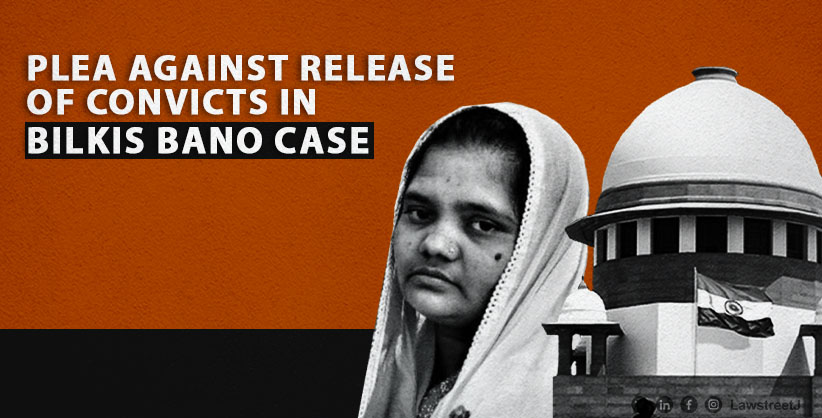NEW DELHI: The Supreme Court on Tuesday made it categorical that public outcry will not have any impact on the judicial decisions concerning pleas challenging the remission granted to all the 11 convicts in the Bilkis Bano gang-rape case and murder of her family members during the 2002 Gujarat riots.
The Gujarat government, on its part, questioned the contention that the convicts were garlanded after their release by asking what is wrong if the family members celebrated release of the convicts.
Advocate Shobha Gupta, representing Bilkis Bano, submitted before a bench of Justices B V Nagarathna and Ujjal Bhuyan that there was a public outcry and it is one of the important factors to be considered while granting remission to convicts.
On this, the bench said the societys outcry and the agitation, against the release of convicts, will not affect its decisions and the court will consider legal submissions and follow the law.
Gupta contended that there were agitations across the country.
To this, the bench said, Suppose, there is no public outcry. Are we supposed to uphold the order? If there is a public outcry, does it mean it is a wrong order?
The counsel then said that after the apex court directed the Gujarat government to consider the plea filed by one of the convicts, everything got expedited and all of them got released before August 15, 2022.
Senior advocate Indira Jaising, appearing for one of the petitioners who moved the apex court against remission to convicts, pointed out that convicts were garlanded and felicitated and statements were made about their being Brahmins who cannot commit crime.
Additional Solicitor General S V Raju said those who garlanded the released convicts were their family members.
What is wrong in garlanding by a family member, he asked.
During the hearing, Banos counsel submitted that the Additional Director General of Police, Prisons and Correctional Administration, Gujarat had tendered a negative opinion about remission to the convicts and also did not recommend premature release of one of them -- Radheshyam Shah. The Gujarat High Court declined Shahs plea seeking premature release under the Gujarat governments July 9, 1992 policy, and he moved the apex court against this order.
Shah sought remission on the ground that he had completed 15 years and 4 months in jail. In 2008, a CBI court in Mumbai had sentenced him to life imprisonment. According to the rules then, a convict could apply for remission after 14 years, which was then considered the period of life imprisonment.
The apex court had then asked the Gujarat government to look into the matter and decide within two months whether he could be granted remission.
As the arguments on validity of remission remained inconclusive, the bench fixed the matter for further hearing on August 9.
The bench also said it will consider locus standi of petitioners who filed PILs in the Bilkis Bano gang-rape case.
Apart from the petition filed by victim Bano, Trinamool Congress (TMC) MP Mahua Moitra has also filed a PIL against the remission along with several other PILs including one by former MP and CPI(M) leader Subhashini Ali, independent journalist Revati Laul and former vice-chancellor of Lucknow University Roop Rekha Verma.
















